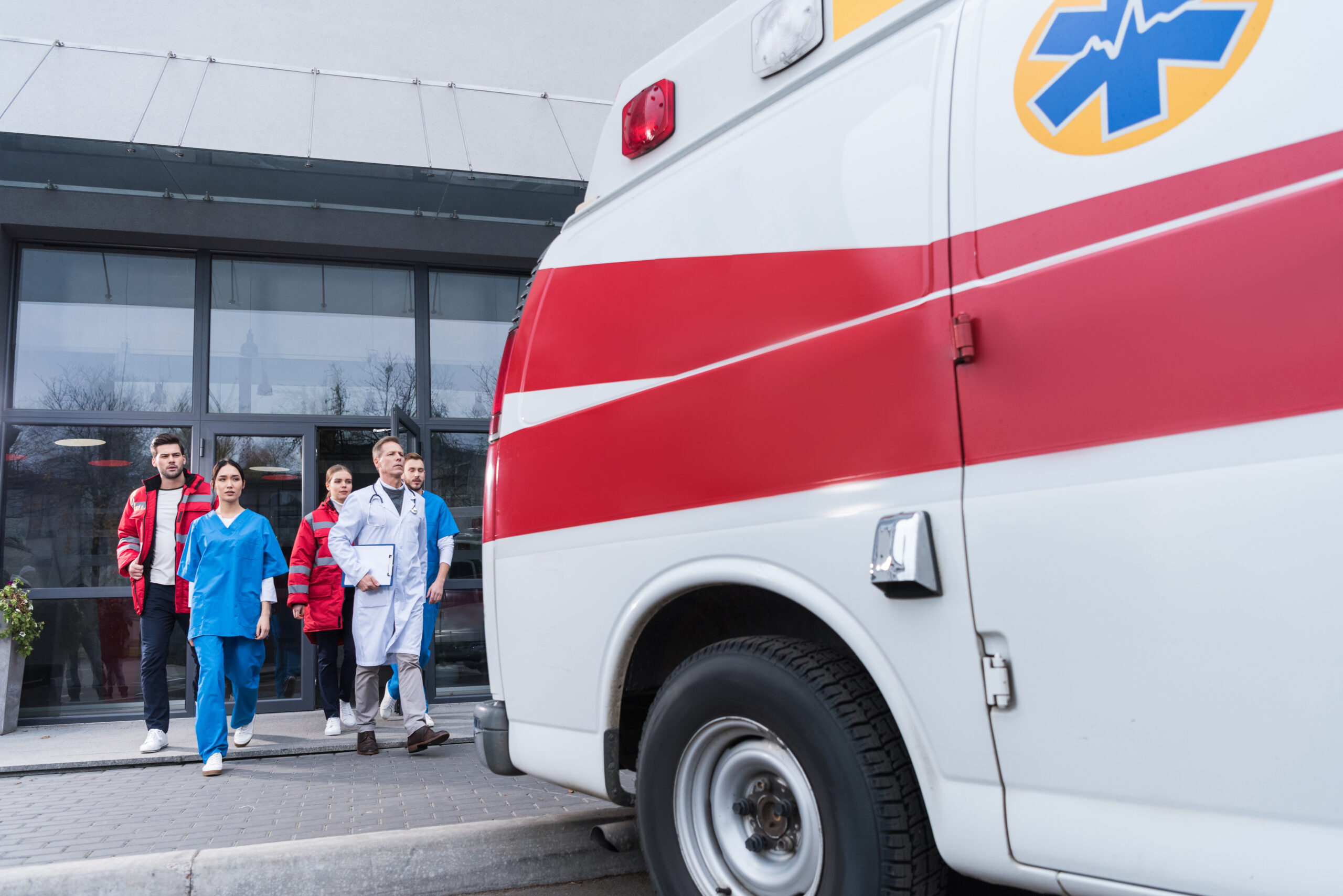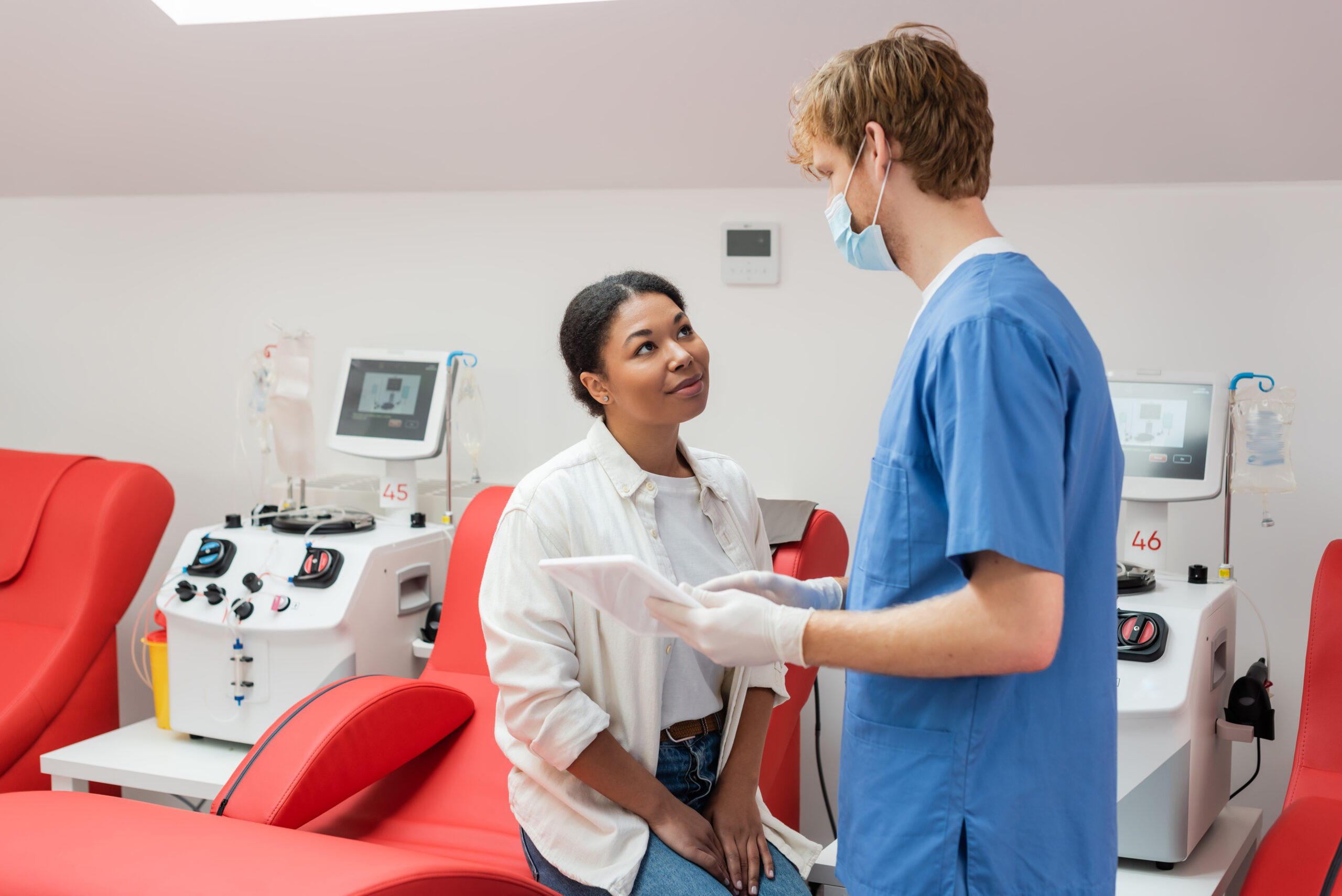When it comes to your sexual health, one of the most important steps you can take is getting tested for sexually transmitted diseases (STDs). Knowing when to get tested is crucial, as timing can affect the accuracy of the results and, ultimately, your peace of mind. Here’s a guide to help you understand when you should get tested for an STD and why it’s important to do so.
Why Timing Matters
The window period—the time between potential exposure to an STD and when a test can accurately detect it—varies by infection. Testing too soon after exposure may lead to false negatives, while waiting too long can increase the risk of complications or transmission to others. Understanding the optimal testing timeline helps ensure the most accurate results.
General Guidelines for STD Testing
Here’s a quick overview of how soon you should get tested for common STDs after a potential exposure:
Chlamydia and Gonorrhea:
When to test: 1-2 weeks after exposure.
Why: These bacterial infections can usually be detected within a week or two. If you have symptoms like unusual discharge, burning during urination, or pain, testing sooner rather than later is crucial.
HIV:
When to test: 2-4 weeks after exposure for an RNA test; 4-12 weeks for an antibody test.
Why: HIV has a variable window period. An RNA test (which looks for the virus itself) can detect HIV as early as 10 days post-exposure, while an antibody test requires a longer window. Re-testing after three months can confirm results.
Syphilis:
When to test: 3-6 weeks after exposure.
Why: Syphilis can be detected within a few weeks, but if you have symptoms like sores or rashes, get tested immediately. Retesting after 90 days is recommended for confirmation.
Herpes (HSV-1 and HSV-2):
When to test: 4-6 weeks after exposure.
Why: Blood tests for herpes can take a few weeks to detect antibodies. However, if you develop sores or blisters, get tested immediately using a swab test.
Hepatitis B and C:
When to test: 4-6 weeks for initial screening; up to 3 months for confirmation.
Why: Hepatitis B and C have longer incubation periods. An initial test at 4-6 weeks is a good starting point, with follow-up tests for confirmation.
HPV (Human Papillomavirus):
When to test: Generally not routine unless you have symptoms or are over 30 for cervical cancer screening.
Why: HPV testing is typically done during routine cervical screenings (Pap tests). HPV often clears on its own but can lead to complications, so regular screenings are key.
Consider Your Circumstances
In addition to these general guidelines, consider your specific situation:
If You Have Symptoms: If you experience symptoms like sores, unusual discharge, itching, pain, or fever, get tested immediately. Symptoms can appear anywhere from a few days to several weeks after exposure.
If You’ve Had Unprotected Sex: If you’ve had unprotected sex with a new or multiple partners, or if you suspect your partner may have an STD, it’s wise to get tested within the recommended timeframes.
If You Have a New Partner: Before becoming sexually active with a new partner, both of you should get tested to ensure a clean bill of health.
If You’re in a High-Risk Group: Individuals with multiple partners, those who use intravenous drugs, or anyone in a high-risk group should consider regular screening.
Retesting: When to Do It
Some STDs require retesting to confirm results or to ensure that treatment was effective:
After Treatment: For infections like chlamydia and gonorrhea, retesting three months after treatment is recommended to ensure the infection has cleared.
Follow-Up for HIV, Syphilis, or Hepatitis: Retesting after three months can provide additional confirmation, especially for HIV, where an initial test might miss an early infection.
Where to Get Tested
There are multiple options for STD testing:
Local Health Clinics or Doctor’s Offices: These facilities offer comprehensive testing, often with consultation and follow-up care.
At-Home Testing Kits: For privacy and convenience, you might prefer an at-home STD testing kit. Options like PersonaLabs provide various testing panels and allow you to collect samples at home before sending them to a lab.
Conclusion
Getting tested for STDs is an essential part of maintaining your sexual health. Understanding the right time to test after potential exposure can make all the difference in receiving accurate results and preventing further health complications. Remember, there’s no shame in prioritizing your health. Regular testing is a responsible and proactive step in taking control of your well-being.






